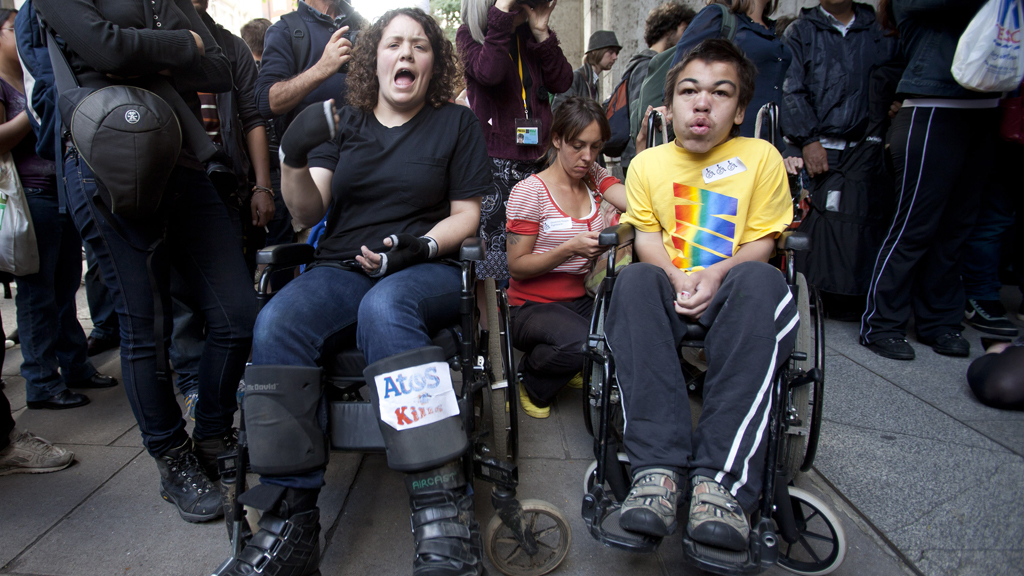Soaring cost of disabled benefit appeals revealed
The cost of appeals against disabled benefit sanctions has more than trebled in four years, the government has revealed.

Employment and support allowance (ESA) tribunals cost the taxpayer £66m in 2012/12, up from £21m in 2009/10, according to a parliamentary question from shadow work and pensions secretary Liam Byrne.
Claimants have the right to appeal when they are found to be fit to work after a medical assessment.
Justice Minister Helen Grant said the number of appeals, dealt with both inside and outside tribunals, has increased 66 per cent from 279,000 in 2009-10 to 465,500 in 2012-13.
She said: “The increased cost is due to inflationary uplifts and also due to the expansion of the tribunal to deal with the increased volume of appeals received.”
Mr Byrne blamed Atos, the company controversially contracted to run work capability assessments on behalf of the DWP.
Atos is now spinning out of control and it is costing the taxpayers millions to clean up the mess. Liam Byrne
Speaking outside the Commons chamber, he said: “Atos is now spinning out of control and it is costing the taxpayers millions to clean up the mess.
“The hard truth is that more decisions are wrong than ever before, and the result is more and more appeals and a price tag that has soared by 30 per cent in just the last year.
“DWP have got to get a grip of this fast before more public money is wasted.”
A DWP spokesman said only 15 per cent of all fit for work decisions were overturned on appeal.
It is completely unsurprising that the number and cost of appeals has risen. DWP spokesman
The spokesman added: “It is completely unsurprising that the number and cost of appeals has risen, because the number of work capability assessments carried out has increased substantially since we started reassessing 1.5 million incapacity benefit claimants in 2010.
“We have made significant improvements to the assessment since 2010, and the percentage of people getting long-term unconditional support has more than doubled in two years.
“Anyone has the right to appeal their decision so it’s not surprising a lot of people do this, but most of our decisions are upheld and we are committed to looking for further improvements so as many people as possible get the right decision first time.”